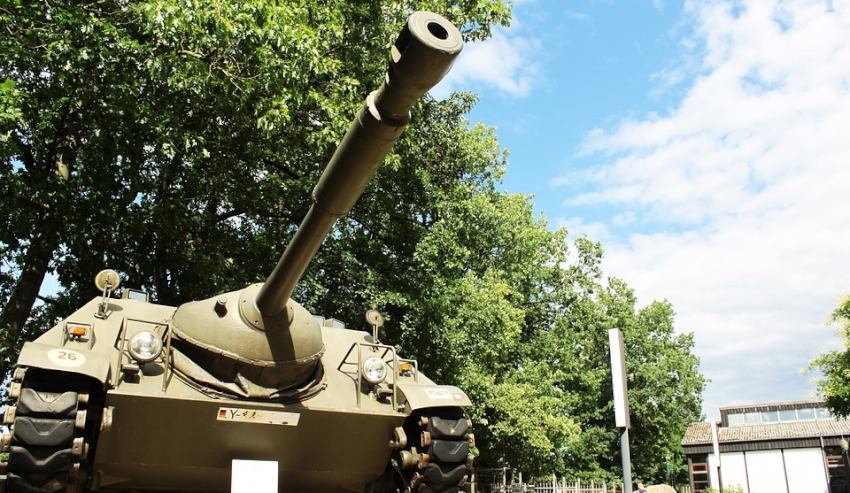In his book Traitors, author Frank Walker has detailed the divergent ways in which Germany and Japan have dealt with their respective World War II legacies.
To continue reading the rest of this article, please log in.
Create free account to get unlimited news articles and more!
Speaking to Defence Connect, Walker said that some German businesses that had profited from underpinning the Nazi war effort, and are still operating today, had paid reparations and had been open about their World War II past.
"But for many years after the war, they flourished with the same people [with whom] they had fought during the war," he said. "Many of them who had served [were] war criminals – one of them became the press officer for Porsche."
Walker noted that the press officer in question had in fact served prison time as a Nazi war criminal: "I mean, okay, they have to have jobs, okay. Turn the page, we move on."
"But I think, what they've done in Germany, West Germany it started with, is that all the school children must go and visit the concentration camps to see what their forefathers did," said Walker. "As part of the research for this book, I went to Buchenwald concentration camp, which is just near the old capital of Weimar."
The author recounted how when he visited the former concentration camp, he was struck by the large number of school groups present.
"If you ever visit one of these places, it has an impact on you, because you know what happened there," added Walker. "But nobody meets each other's eyes in these places. You walk, the gravel crunches under your feet as you walk and you think: 'Who else walked these paths?'"
By contrast, Walker said Japan has chosen a completely different approach.
"There are a few individuals who advocate acknowledgement of Japanese war crimes, but … it's not in Japanese school books," he said.
"There's certainly no campaign to publicise Japanese war crimes, as the Germans did with theirs. And I think this largely… is part of the Japanese culture not to admit failure or guilt."
To hear more from author and journalist Frank Walker, stay tuned for our podcast.

 Login
Login







